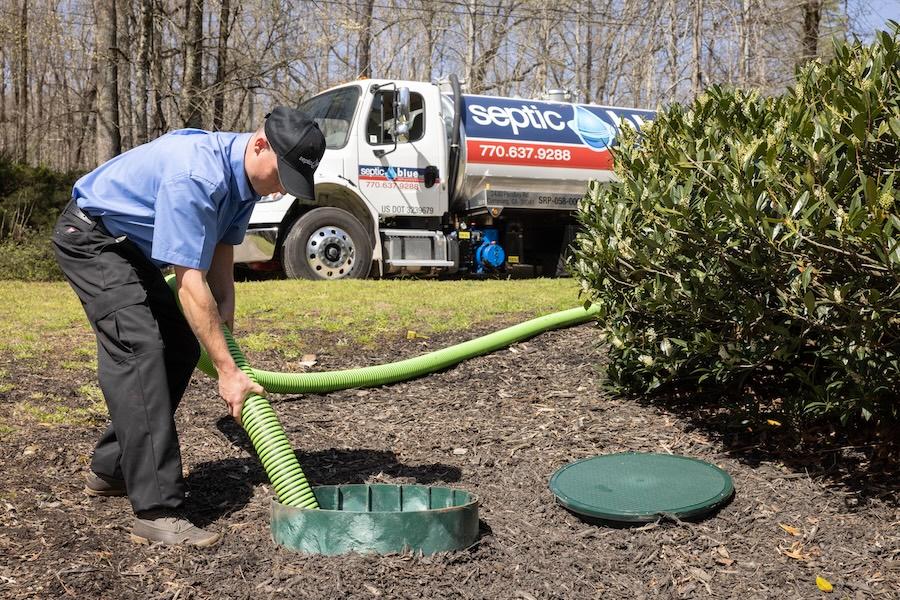WE NOT ONLY PUMP YOUR TANK - WE CLEAN IT! Free Septic System Inspection ($99 Value) Free enzyme treatment , Financing Available
Call Septic Blue Now 813-355-9188
It's Easier Schedule Online
WE NOT ONLY PUMP YOUR TANK - WE CLEAN IT! Free Septic System Inspection ($99 Value) Free enzyme treatment , Financing Available
Call Septic Blue Now 813-355-9188
It's Easier Schedule Online

When your septic system runs well, it’s easy to forget it’s there, but the moment issues arise, it’s clear just how vital these systems are. At Septic Blue of Tampa, we’ve seen how drain field problems can disrupt life by causing odors, soggy yards, and property repairs. Tackling these issues head-on can save time, money, and stress. Keep reading to learn more about identifying and taking care of drain field problems and how a professional septic service can keep things working like they should.
After wastewater is treated in the septic tank, the drain field disperses the liquid into the soil. Here, natural filtration processes remove contaminants so the water can re-enter the ecosystem safely. The drain field is typically made of perforated pipes buried in gravel-filled trenches, and it’s designed to distribute water evenly across a specific area. However, this balance is delicate. When things go wrong, issues can escalate fast and can lead to environmental hazards and system failures. Routine septic cleaning and inspections are the best way to keep your drain field in good shape.
Drain field issues might start subtly, but they become noticeable if ignored. Here are some common signs:
If you notice any of these red flags, it’s time to call a septic company for an evaluation. Delaying repairs can lead to extensive damage.
Some septic issues can be resolved with a bit of elbow grease, but drain field problems typically require expert attention. Here’s why:
The holidays are all about good food, family visits, and…
Read More+When it rains a lot, your yard might flood, the…
Read More+When you live in a home with a septic system,…
Read More+Whether it’s a minor repair or a full drain field replacement, relying on trained technicians will guarantee the job gets done right. Septic pumping in Odessa, FL and cleaning are usually part of the process since neglected tanks are a frequent cause of drain field problems.
Preventive maintenance is the best way to avoid emergency drain field repairs. Following the right strategies can extend the life of your septic system and minimize the risk of failure:
Do you suspect that your sewage smells and soggy lawn is a sure sign of septic trouble? Call Septic Blue of Tampa. We’ll help you fix the problem fast so you can get back to normal life without worrying about property damage or health hazards. Contact us to schedule an inspection or learn more about professional septic service.